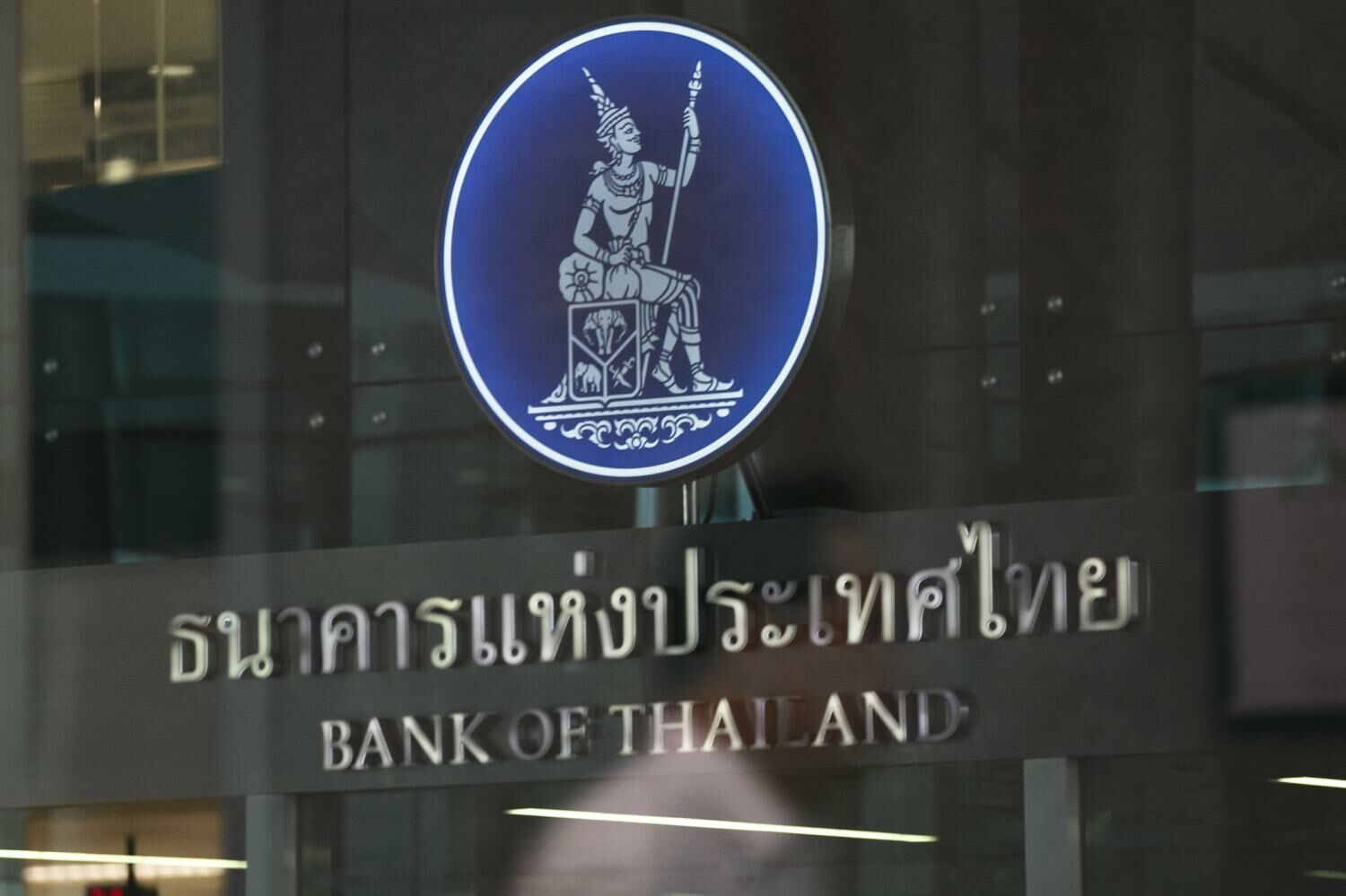Bank of Thailand’s independence crucial for economic stability

Economists emphasise the importance of the Bank of Thailand’s independence in its mission to maintain economic stability. They note that while interest rates have a negligible effect on bolstering economic growth, they could influence the stability of the baht and trigger an increase in household debt.
Despite persistent appeals from Prime Minister Srettha Thavisin for a collaborative effort between monetary and fiscal stimuli to bolster the faltering economy, the central bank has remained steadfast, highlighting the limitations of monetary policy on structural barriers to growth. This stance has led to a long-standing discord between the bank and the ruling Pheu Thai Party’s coalition government.
Kiatanantha Lounkaew, an economics lecturer at Thammasat University, emphasised the need for the Bank of Thailand’s autonomy.
“The bank’s role is to make the Thai economy stable enough for the government’s economic policies to be effective in propelling the economy.”
Kiatanantha suggested that an aggressive rate cut could jeopardise the stability of the baht and investor confidence, thereby negatively affecting the economy.
Kiatanantha also pointed out that reducing rates could lead to a surge in household debt, thereby undermining government attempts to bolster the economy. He further warned that a rate cut would have a limited effect on reducing Thais’ debt obligations. Instead, he suggested that the government should focus on enhancing consumers’ purchasing power.
Thai economy
Nattaporn Triratanasirikul, Deputy Managing Director of Kasikorn Research Centre, noted that while the government aims for economic growth, the central bank is more concerned with maintaining financial stability, including the currency. This comes amidst dynamic capital flows, with the weakening Vietnamese dong and Bank Indonesia’s recent elevation of interest rates to support the rupiah after it plunged to a four-year low.
BMI, a subsidiary of New York-based Fitch Solutions, stated that rate cuts will do little to alleviate the current Thai economic issues. These primarily stem from structural headwinds and a lacklustre performance in the external sector, both of which are not significantly affected by domestic interest rate adjustments.
Amonthep Chawla, chief economist at CIMB Thai Bank, reiterated the importance of the central bank’s independence from political influence, which often prioritises short-term goals, potentially jeopardising long-term stability. He argued that the central bank should balance between preserving long-term stability and addressing immediate issues, even if this may not align with political agendas or public opinion.
Amonthep also noted that if the central bank yielded to political pressure, it risks undermining trust in its independence, affecting money and capital markets as well as foreign exchange rates. However, he also cautioned against excessive independence without considering diverse perspectives, which could harm the economy and the Thai people, reported Bangkok Post.
Amonthep suggested that the bank has other tools to stimulate growth and alleviate the financial burden on people beyond adjusting policy rates, such as relaxing lending criteria, revising mortgage loan-to-value ratios, or adjusting other regulations.
Latest Thailand News
Follow The Thaiger on Google News:


























